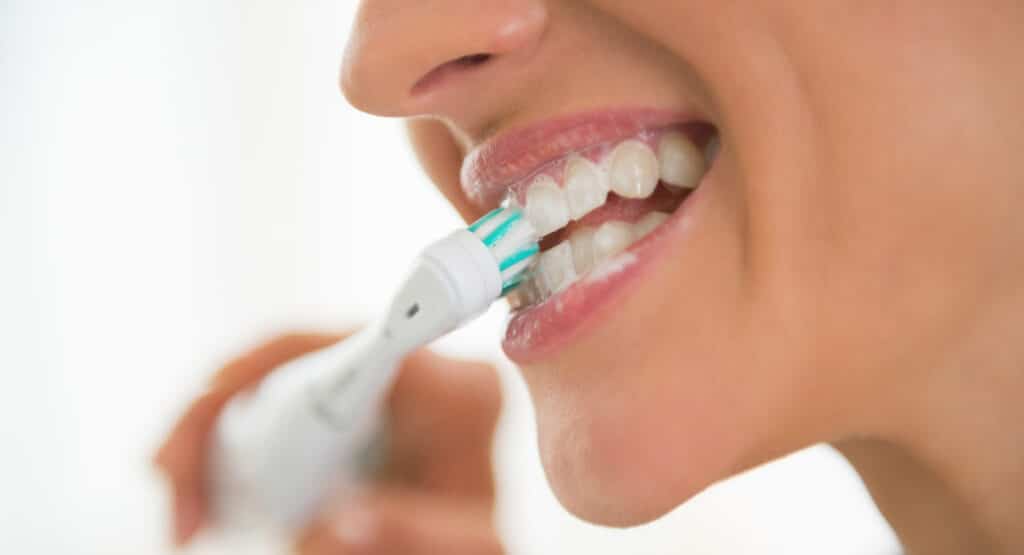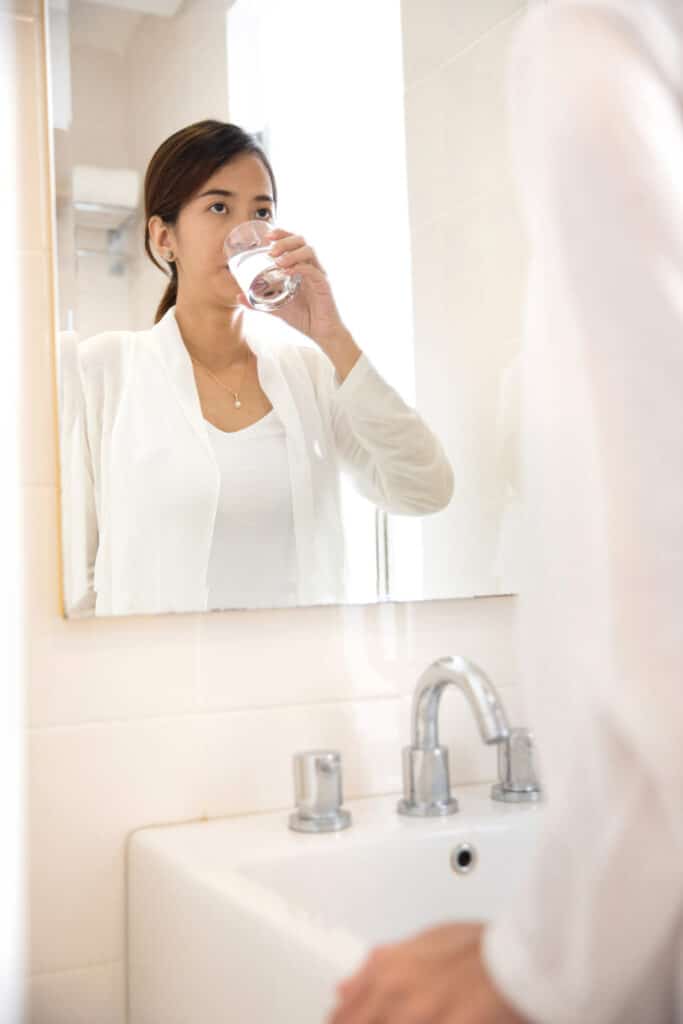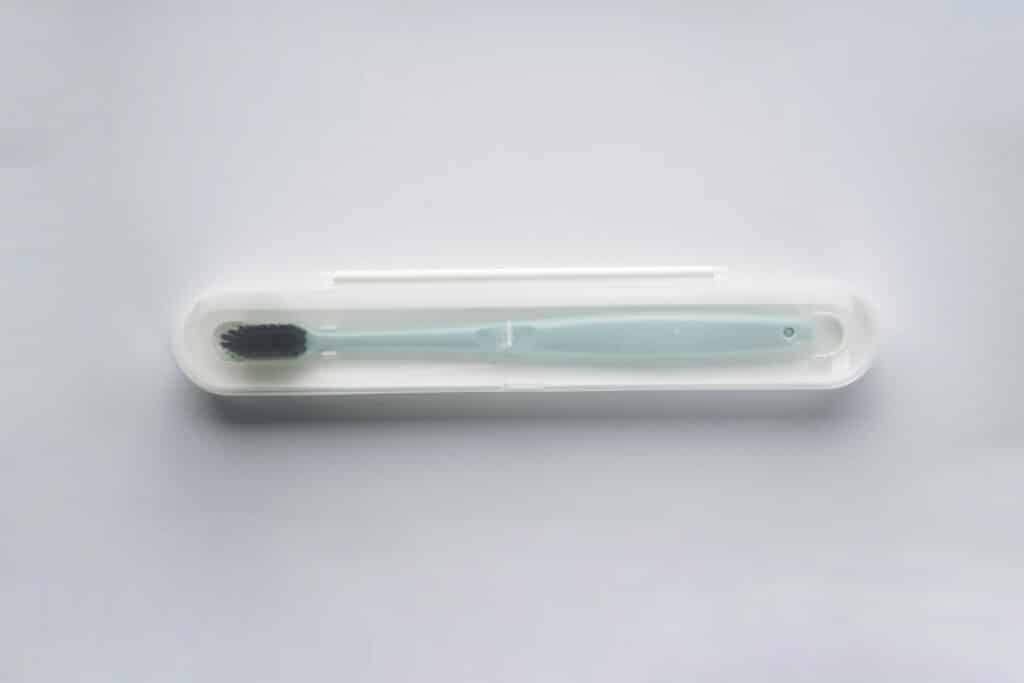How to Brush Your Teeth Properly: Expert Advice from Dr. Mackie
Your oral health plays a vital role in your overall well-being, and maintaining healthy teeth is a fundamental aspect of oral care. One of the most basic yet crucial aspects of oral hygiene is brushing your teeth. However, you might be surprised to learn that there are some common mistakes that people make when brushing their teeth. Dr. Mackie, a seasoned dentist with years of experience, is here to share her expert advice on how to brush your teeth properly.

1. Don’t brush your teeth too aggressively.
One of the most common mistakes Dr. Mackie observes is patients applying excessive pressure while brushing their teeth, particularly when using electric toothbrushes. This aggressive brushing can lead to damage to your gums and enamel. Instead, she recommends letting the toothbrush do its job. Gently hold it at a 45-degree angle to the gumline, allowing the bristles to clean effectively without the need for force.

2. Don’t rinse with water immediately after you brush your teeth.
To make the most of your toothpaste, you should refrain from rinsing your mouth with water immediately after brushing. Dr. Mackie emphasizes that the fluoride in toothpaste requires at least two minutes to work effectively. Allowing it to sit on your teeth without being washed away by water is essential for strengthening enamel and fighting cavities. After two minutes, you can rinse with water to remove any residual toothpaste and debris from your mouth if you prefer.
3. Don’t use mouthwash immediately after brushing.
Using mouthwash immediately after brushing your teeth might seem like a good idea, but it can actually diminish the benefits of your toothpaste. This practice washes away the concentrated fluoride left on your teeth, reducing its effectiveness. Dr. Mackie advises waiting a few minutes after rinsing your mouth with water post-brushing before using mouthwash to maximize the fluoride’s positive impact on your oral health.
4. Brushing your teeth immediately after eating certain foods and drinks.
Many of us have the habit of rushing to brush our teeth right after consuming sugary or acidic foods and drinks, including that morning coffee. Dr. Mackie recommends resisting this urge and waiting at least 30 minutes before brushing your teeth. Brushing immediately after consuming such items can spread acids around your mouth, potentially accelerating enamel erosion. Give your saliva some time to neutralize the acid and help protect your teeth before brushing.

5. Putting a wet toothbrush in a closed case.
After brushing your teeth, it’s crucial to let your toothbrush air-dry completely before storing it. Placing a wet toothbrush in a closed case or cabinet is akin to creating a breeding ground for bacteria. Allowing your toothbrush to air-dry helps to keep it free from harmful germs and ensures that it remains a safe and effective tool for maintaining oral hygiene.
In conclusion, proper tooth brushing is a cornerstone of good oral health. Dr. Mackie’s expert advice can help you avoid common mistakes that people make when brushing their teeth. By following these guidelines, you can ensure that your dental care routine is effective in promoting strong, healthy teeth and gums. Remember, good oral hygiene goes a long way in maintaining your overall health and well-being.

